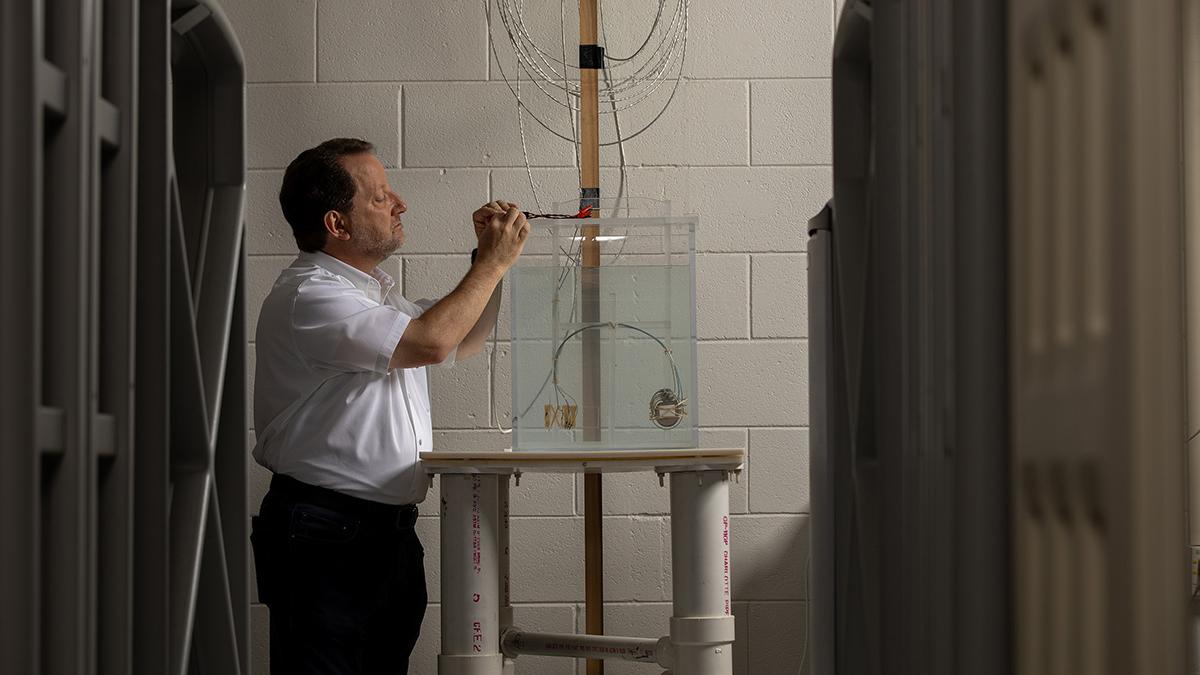Urban Planning and Spatial Analytics (BS)
The Bachelor of Science in Urban Planning and Spatial Analytics prepares students to address some of the world’s most challenging urban problems in the context of core social values such as sustainability and resilience. The curriculum gives students both a broad understanding of the urban and regional environment and a firm grounding in the practical skills needed for effective analysis and planning.

